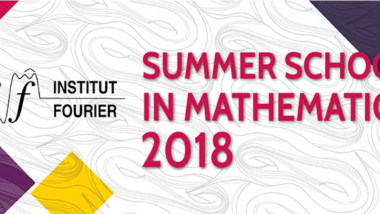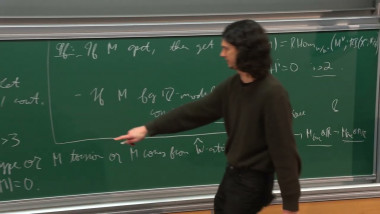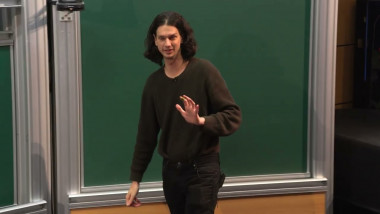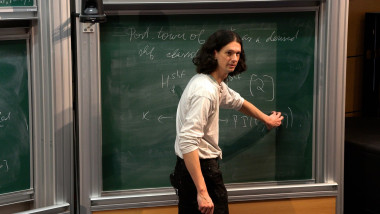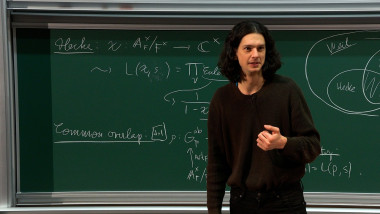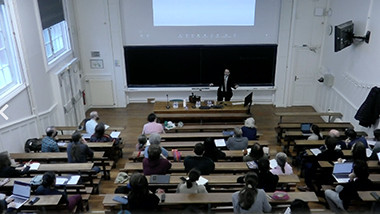Morse-theoretic signal compression and reconstruction
Apparaît dans la collection : 2022 - T3 - WS2 - Geometry, topology and statistics in data sciences
In this lecture I will present work of three of my PhD students, Stefania Ebli, Celia Hacker, and Kelly Maggs, on cellular signal processing. In the usual paradigm, the signals on a simplicial or chain complex are processed using the combinatorial Laplacian and the resultant Hodge decomposition. On the other hand, discrete Morse theory has been widely used to speed up computations, by reducing the size of complexes while preserving their global topological properties.
Ebli, Hacker, and Maggs have developed an approach to signal compression and reconstruction on chain complexes that leverages the tools of algebraic discrete Morse theory,, which provides a method to reduce and reconstruct a based chain complex together with a set of signals on its cells via deformation retracts, preserving as much as possible the global topological structure of both the complex and the signals. It turns out that any deformation retract of real degreewise finite-dimensional based chain complexes is equivalent to a Morse matching. Moreover, in the case of certain interesting Morse matchings, the reconstruction error is trivial, except on one specific component of the Hodge decomposition. Finally, the authors developed and implemented an algorithm to compute Morse matchings with minimal reconstruction error, of which I will show explicit examples.

